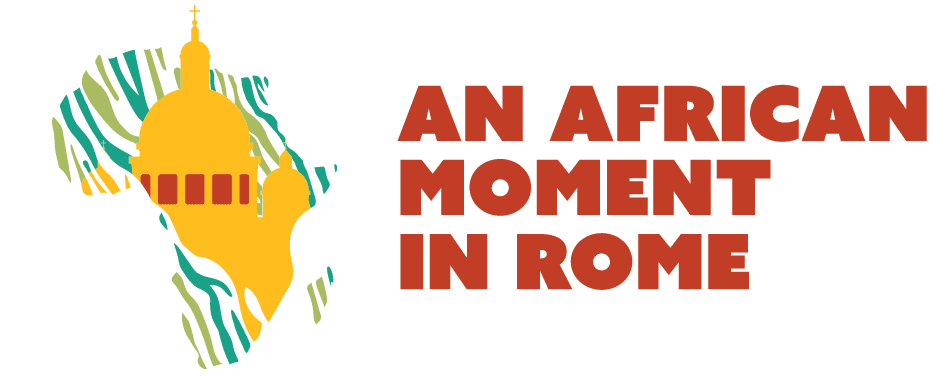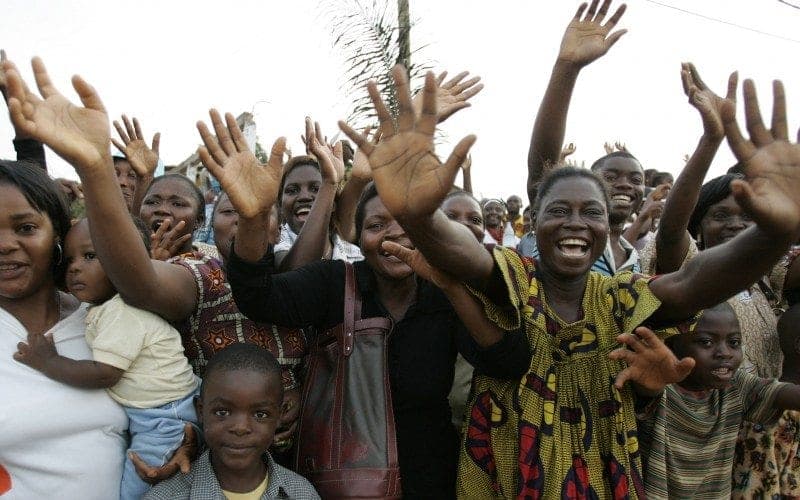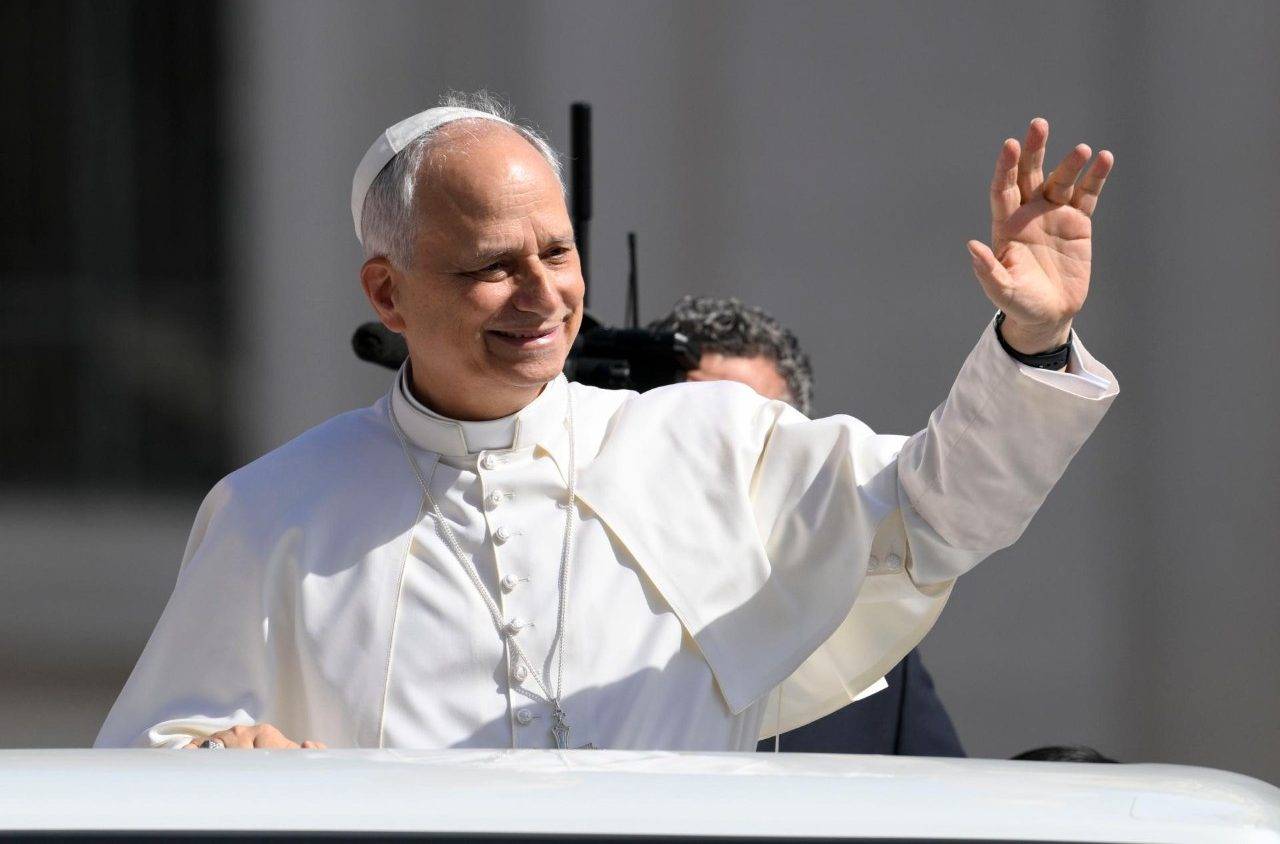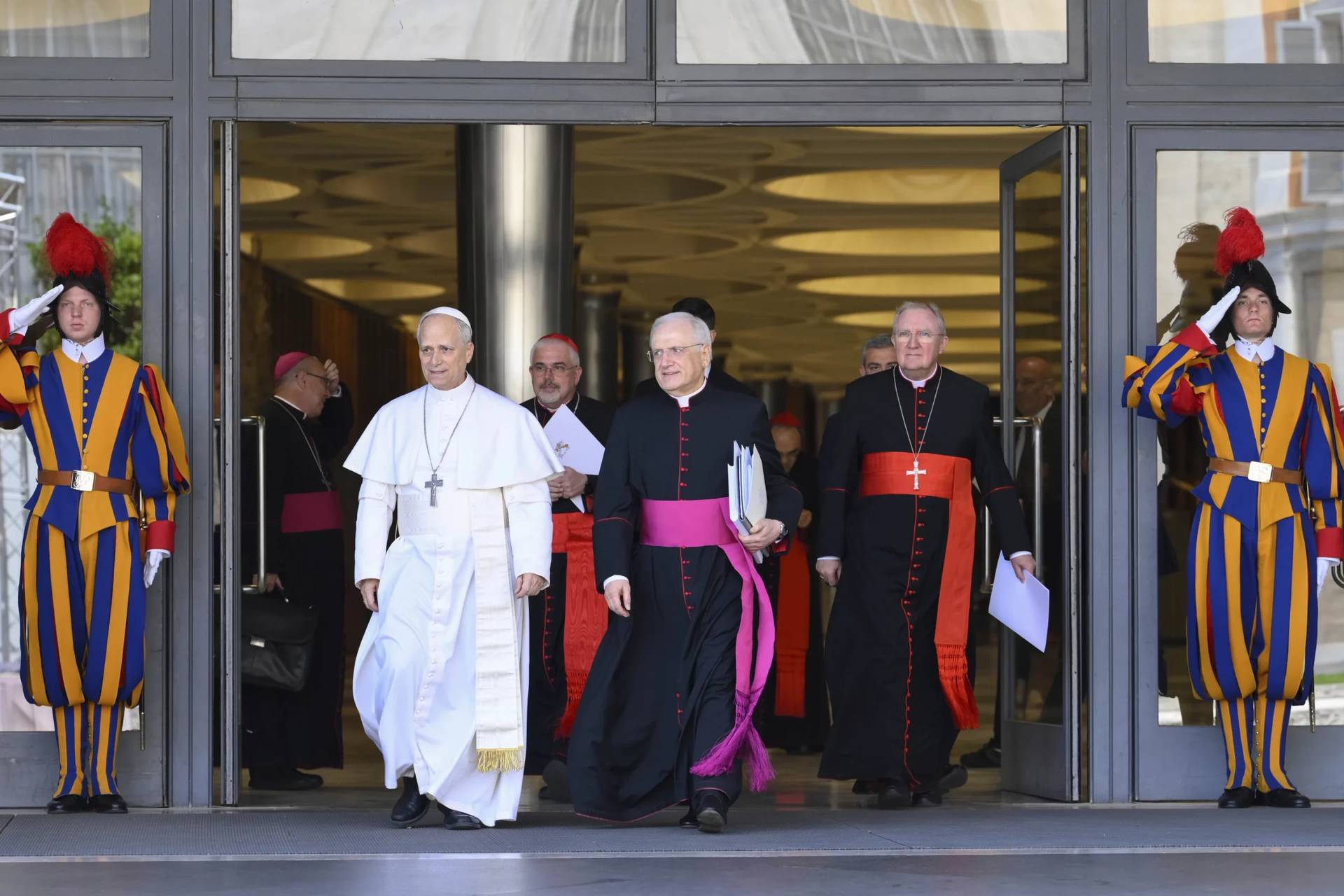 ROME — I covered the second Synod of Bishops for Africa at the Vatican in 2009, which built on the work of the first such synod in 1994. I recall many observers saying they detected a shift in the attitudes of the African bishops at that second gathering, away from thinking of themselves as junior partners coming to the home office and towards a more confident sense that they’re leaders of the most dynamic Catholic community on earth.
ROME — I covered the second Synod of Bishops for Africa at the Vatican in 2009, which built on the work of the first such synod in 1994. I recall many observers saying they detected a shift in the attitudes of the African bishops at that second gathering, away from thinking of themselves as junior partners coming to the home office and towards a more confident sense that they’re leaders of the most dynamic Catholic community on earth.
I drew on that experience in my 2009 book The Future Church, which opens with an imagined scene of a newly elected African pope, Victor I, entering St. Peter’s Square. The point was to capture the idea that leadership in Catholicism will increasingly come from the developing world, and perhaps especially from Africa.
I worried I might be over-selling things, but today that forecast seems secure. In the eight years since, we’ve seen Africa’s Catholic population continue to skyrocket, its share of senior Church leadership mount, and several African personalities emerge in starring roles on the global Catholic stage.
Certainly, the two Synods of Bishops on the family in October 2014 and October 2015 delivered the message that the Africans can’t be ignored. The role of several African prelates as champions of the more conservative or traditional bloc was part of the meta-narrative of the experience.
(A well-known book about Vatican II was titled The Rhine Flows Into the Tiber, reflecting the German influence on the council. Given that “Germans v. Africans” was one way the family synods were framed, I jokingly suggested somebody should do a book titled, The Rhine Flows Into the Tiber Again … and Hits the Zambezi!)
All this helps explain why a conference taking place in Rome this week titled “African Christian Theology: Memories and Mission for the 21st Century” is so important.
Sponsored by the University of Notre Dame, it brings together a cross-section of Africa’s leading Catholic thinkers and pastors, including many of the continent’s biggest ecclesiastical heavy-hitters: Cardinals Francis Arinze and John Onaiyekan of Nigeria, Cardinal Laurent Monsengwo of the Democratic Republic of Congo (who’s also a member of Pope Francis’s “C9” council of cardinal advisers), and Cardinal Peter Turkson of Ghana, who heads the Vatican’s Dicastery for Promoting Integral Human Development and acts as the point man for a great deal of Francis’s peace-and-justice agenda.
The conference program quotes a 1957 book titled Des Prêtres noires s’intérrogent to lay out the vision, challenging “the assumption that Africa represented a cultural and religious tabula rasa for the implementation of a Christian civilization from Europe” and arguing that “room must be made for African genius and contribution in the establishment of the Catholica, not only among the peoples of Africa … but in the wider world as a whole.”
Sixty years later, that’s precisely what’s happening, and for at least three interrelated reasons.
First is demography. During the 20th century, the Catholic population of sub-Saharan Africa went from 1.9 million to more than 130 million – a staggering growth rate of 6,708 percent. Vocations are also booming. Bigard Memorial Seminary in southeastern Nigeria, with an enrollment of over 1,100, is said to be the largest Catholic seminary in the world. Its student population by itself is roughly one-fifth the total number of seminarians in the United States.
Africa’s overall Catholic population today is estimated to be around 200 million, meaning almost three times the size of the Catholic population of North America (unless you include Mexico) and approaching that of Europe. By 2050, based on projections from the World Christian Database, Africa should have over 450 million Catholics, becoming by far the world’s largest Catholic continent.
August Comte believed that “demography is destiny,” and, if so, the destiny of Catholicism will more and more be forged in Africa.
Second, there’s almost no issue of global relevance today which isn’t playing out in especially acute ways in Africa, and in which Catholic leaders aren’t protagonists – from climate change to war, from human trafficking to terrorism and religious violence, from the fight against poverty and HIV/AIDS to the struggle for justice in international relations, it’s all happening in Africa.
Third, a new generation of African Catholic leaders has arisen that’s far less bashful about asserting itself in global conversations, including at the Vatican.
When the transition to indigenous bishops for churches in the developing world began in earnest under Pope Paul VI, that first generation was often composed of veteran churchmen from the local scene who hadn’t travelled a great deal, who perhaps didn’t speak many languages, and sometimes had only a rudimentary education. As a result, when they came to Rome they could occasionally be intimidated, and thus more at ease standing in the shadows.
That’s certainly not true, however, of prelates such as Cardinals Wilfrid Napier of South Africa, or Robert Sarah of Guinea, or Onaiyekan, Turkson and Monsengwo. They’re A-listers, and yield pride of place to no one.
For all those reasons, Ladies and Gentlemen, there is an “African moment” upon us in Catholicism. If we’re to function at all in the global church in the early 21st century, we need to hear the voices of Africa – and this week’s stellar summit in Rome promises to be a great place to start.












